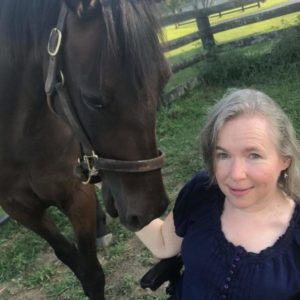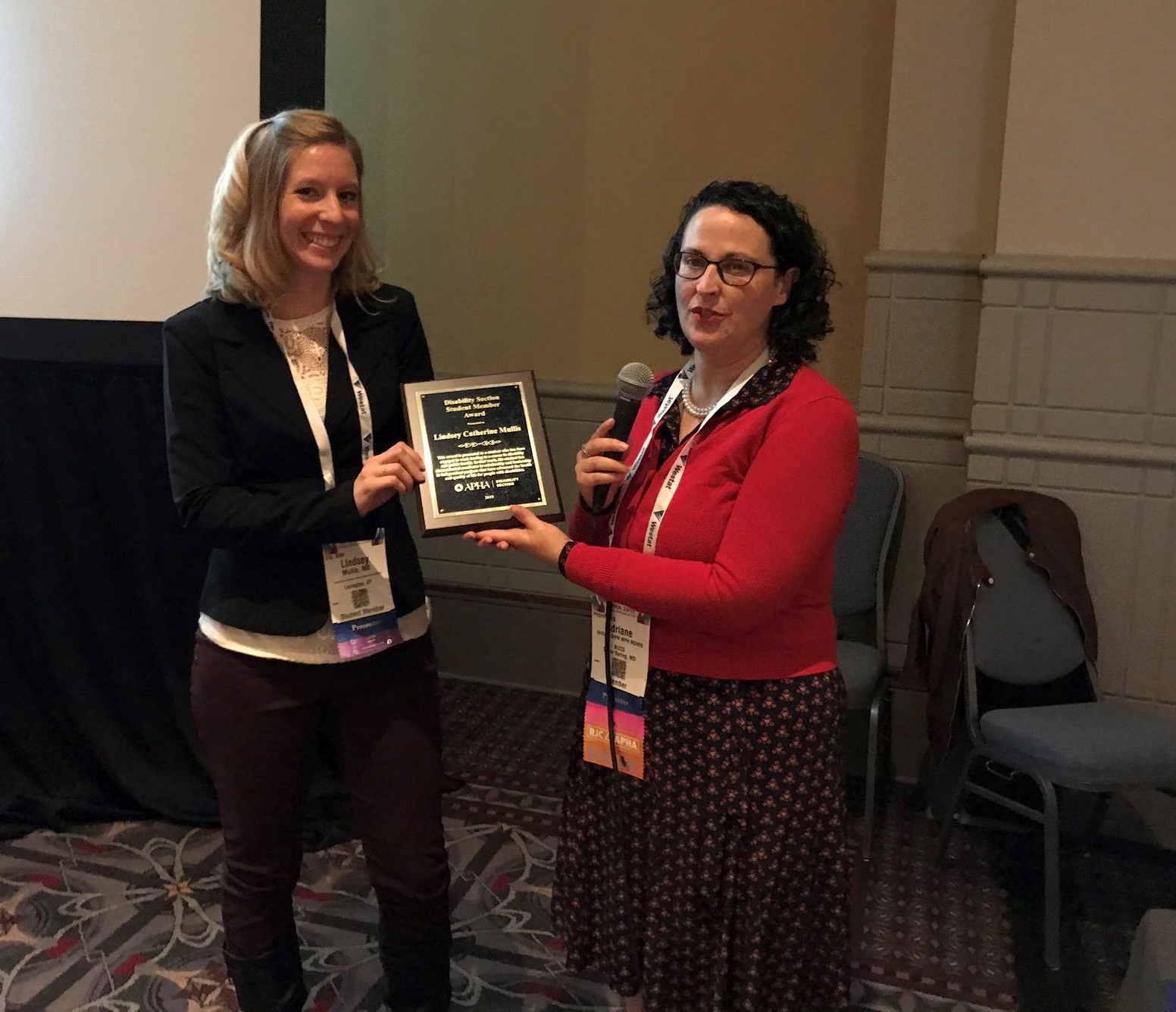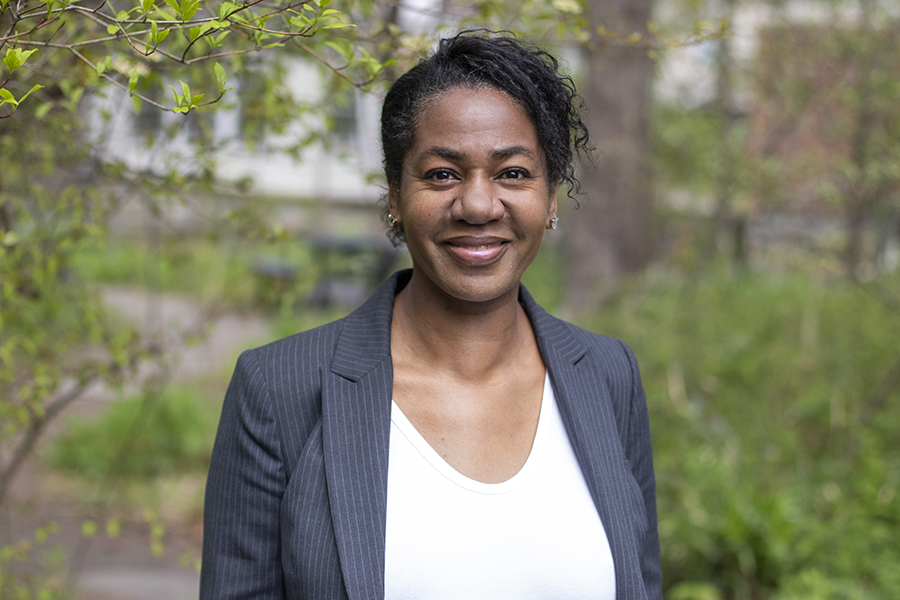Tag: Award
-

Fowler named Rehabilitation Technologist of the Year
Josiah Fowler, a Rehabilitation Technologist for the Office of Vocational Rehabilitation, thinks of his job like a puzzle. Luckily, he’s good at puzzles. Though the title of Rehabilitation Technologist might […]
-

Sheppard-Jones receives 2021 APSE Award
The University of Kentucky Human Development Institute – HDI congratulates Executive Director, Dr. Kathy Sheppard-Jones, recipient of the Kentucky APSE Willie Byrd Legislative Award 2021. This award is given to […]
-

Lindsey Mullis receives 2019 APHA Student Member Award
The American Public Health Association (APHA) has selected Lindsey Mullis to receive the 2019 Disability Section Student Member Award presented at their Annual Meeting and Expo in Philadelphia, PA. The […]
